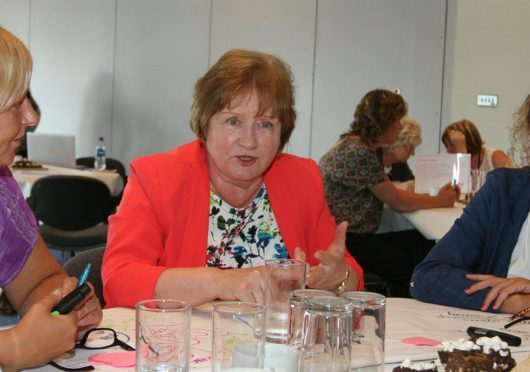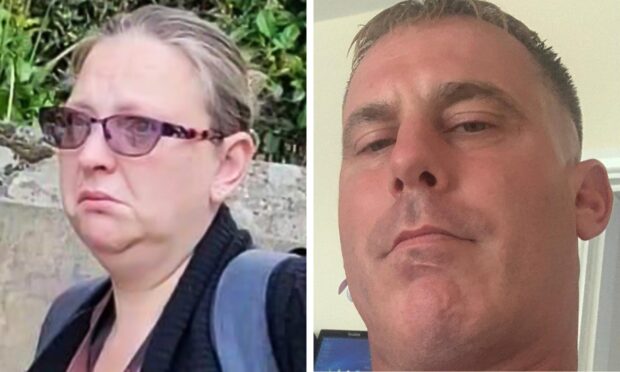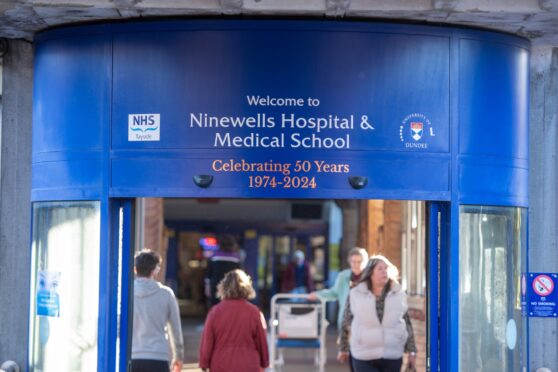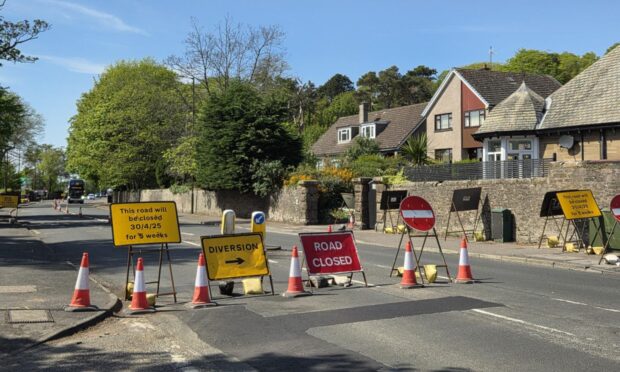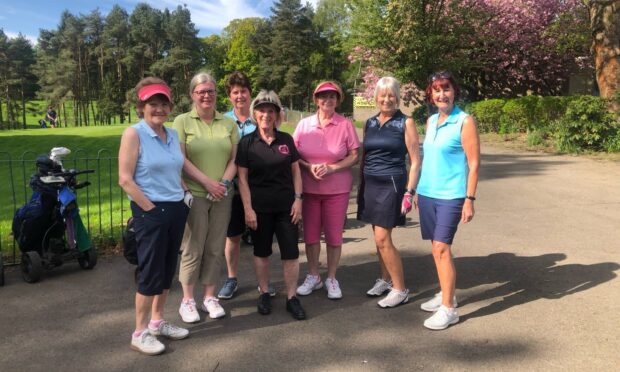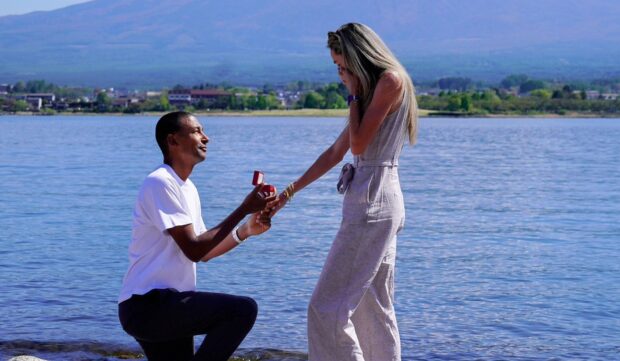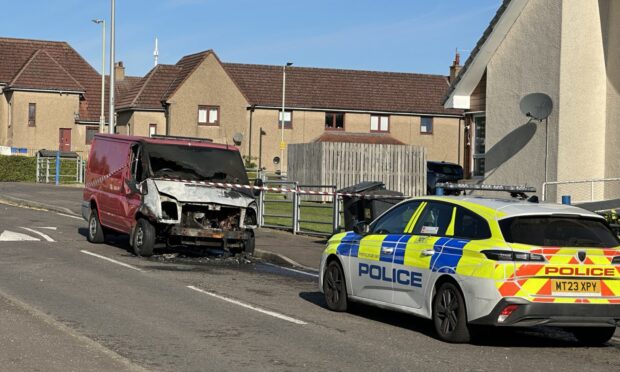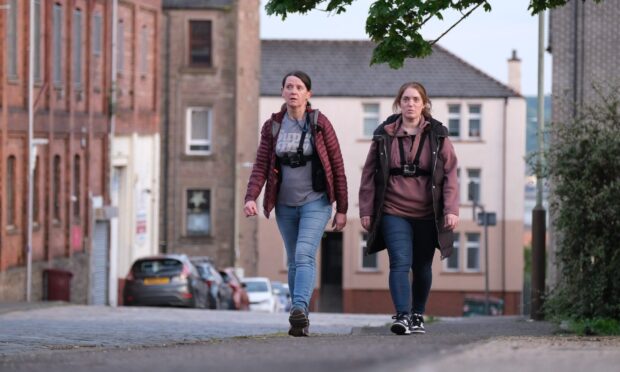Scottish mental health minister Maureen Watt admits mental health care has not been given the same level of attention as physical care.
The Scottish Government has vowed to give mental health parity of esteem with physical health.
Ms Watt, who visited Dundee on Monday to meet people living with mental health conditions, admits however that there is still a way to go before mental health care and physical health care are on an even keel in Scotland.
The mental health minister said: “Unfortunately, people have had to wait far too long (for mental health care), but we are addressing that.
“Ten of the 14 health boards, at the last group of statistics, are meeting their waiting time targets for child and adolescent mental health.
“The median waiting time is eight or nine weeks. So, while I recognise there is lots to do, progress is being made — slower perhaps than I would like, but it takes time to train people up to their top skill level and to redesign services.
“I don’t think there’s parity of esteem yet between physical and mental health, but what the aim of the strategy is, is to make sure that physical and mental health are seen as one.
“We know one in four of us will have a mental health problem, that’s a lot of us in society.
“Stigma is reducing, but we’ve still somewhere to go.”
Ms Watt believes progress in treating mental health issues has been stifled as a result of generations of politicians treating mental health as a “Cinderella service”.
She said: “To be honest, for decades and decades mental health has been the Cinderella service.
“We want to bring it into mainstream and show that it is as important that people have good mental health as they do physical health.
“We know people with mental health issues are likely to die earlier than other people, we want to close that gap.
“We’re looking at the whole person — the physical and emotional well-being of a person.”
Ms Watt was attending a recovery cafe event organised by the Scottish Recovery Network
Scottish Recovery Network manager Louise Christie said: “There are a lot of people in Dundee who want to play a role in other people’s recovery.
“A lot of what we’re trying to do is develop more peer supporters.
“Everyone has mental health. There’s never one answer. Medicine and doctors are important, but when you’re at your lowest, you need someone to help you find what’s inside yourself.”
